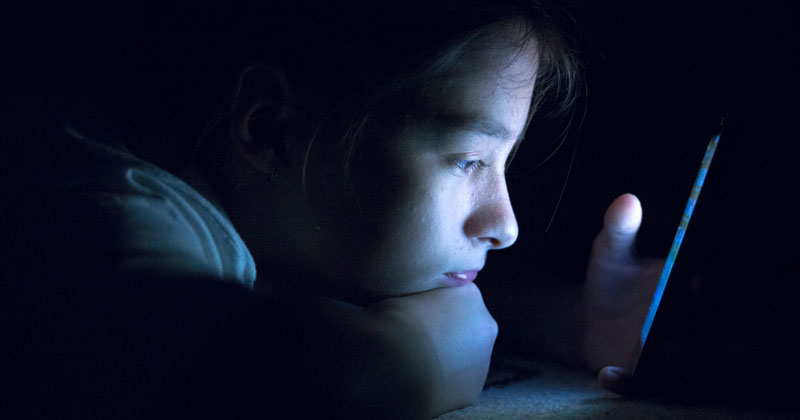Pupils who use the internet to “extreme” levels are more likely to be being bullied, a new report shows.
“Extreme internet users”, who use the internet for more than six hours a day, are more likely than pupils who use the internet for only one or two hours a day, to be seeking solace online because they are being bullied in real life, or to be experiencing cyberbullying because they use the internet so often.
Almost 18 per cent of extreme internet users stated “other pupils spread nasty rumours about me”, compared to just 6.7 per cent of moderate internet users, according to a review of evidence from think tank the Education Policy Institute (EPI).
Again, 21.1 per cent of pupils who use the internet a lot said “other pupils make fun of me”, compared to 13.3 per cent of pupils who use it just moderately.
Another unpleasant aspect of cyberbullying was the fact a single incident could be shared and forwarded multiple times, increasing the humiliation for victims.
Emily Frith, author of the report and director of mental health at EPI, said the fact only one in five pupils tell someone they had an upsetting experience online shows “the challenges faced by parents and teachers” in supporting pupils.

Girls were more likely to have been bullied online than boys, and more likely to be upset by incidents of online bullying and sexual content encountered online that boys, according to a survey of pupils in 25 European countries by the EU.
Girls were also more likely to be affected by “idealised images of beauty” on social media sites. Even though unattainable images of celebrities are nothing new, sites like Facebook, Instagram and Snapchat allow manipulated images to be posted by pupils’ own friends, increasing the pressure on them to look similar, said Frith.
Pupils who were extreme internet users were also more likely feel lonely at school.
Fifty-nine per cent of extreme internet users said they “felt like they belong at school.”
This was far fewer than the nearly three-quarters of pupils who only use the internet for one or two hours a day who said they felt they belonged at school.
Finally, there is a “clear association” between longer time spent on social media and worse mental health problems, the Office for National Statistics found in 2015.
But this “does not necessarily prove that social media causes harm to young people’s wellbeing”, noted Frith.
Instead, schools should not seek to limit pupils’ internet use, but bring in policies which will build up their resilience to its negative effects.








Your thoughts